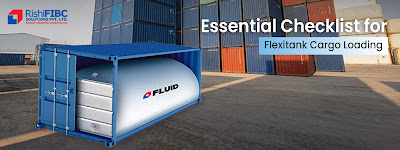Understanding Dry Bulk Container Liners for Bulk Transportation
A dry bulk container is a specialized shipping unit designed for transporting large quantities of dry, flowable materials such as grains, powders, and minerals. Unlike standard containers, dry bulk containers are equipped with features that facilitate the efficient loading and unloading of bulk commodities.
Design and Features
Dry bulk containers typically feature a top-loading hatch and a bottom discharge system, allowing for easy filling and emptying of contents. This design minimizes handling time and reduces the risk of contamination. The containers are constructed from durable materials like steel or aluminum to withstand the rigors of transportation and protect the integrity of the cargo.
Types of Dry Bulk Containers
There are several types of dry bulk containers, each tailored to specific commodities:
Grain Containers: Designed for transporting agricultural products like wheat, corn, and rice.
Powder Containers: Used for materials such as cement, flour, and chemicals.
Mineral Containers: Built to carry ores and other mineral products.
Advantages
Utilizing dry bulk containers offers several benefits:
Cost-Effectiveness: They reduce the need for multiple smaller packages, lowering shipping costs.
Efficiency: The design allows for quick loading and unloading, streamlining the supply chain.
Safety: Proper sealing and discharge mechanisms minimize the risk of spills and contamination.
Applications
Dry bulk containers are essential in various industries:
Agriculture: Transporting grains and other crops.
Construction: Carrying materials like cement and sand.
Mining: Shipping ores and minerals.
Conclusion
Dry bulk containers are vital for the efficient and safe transportation of bulk commodities. Their specialized design and features make them indispensable in industries that rely on bulk shipping.




Comments
Post a Comment